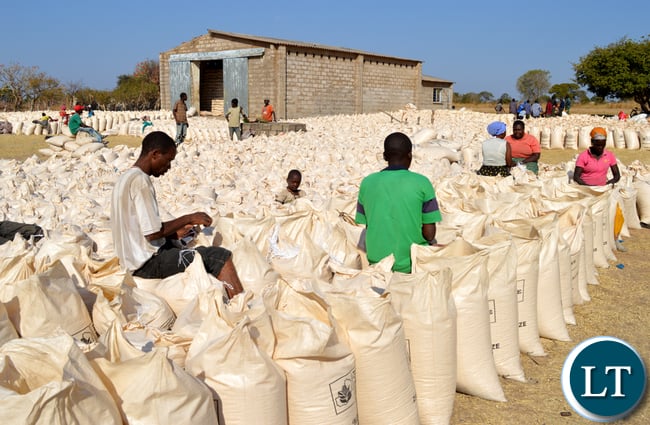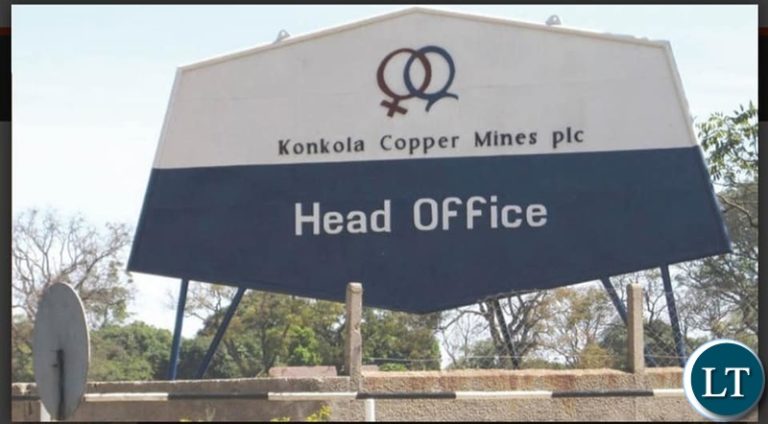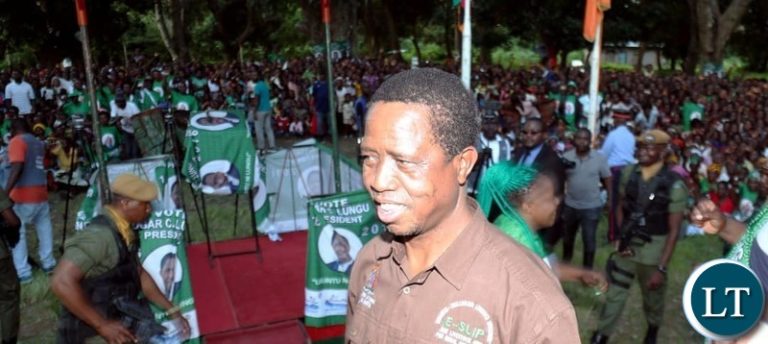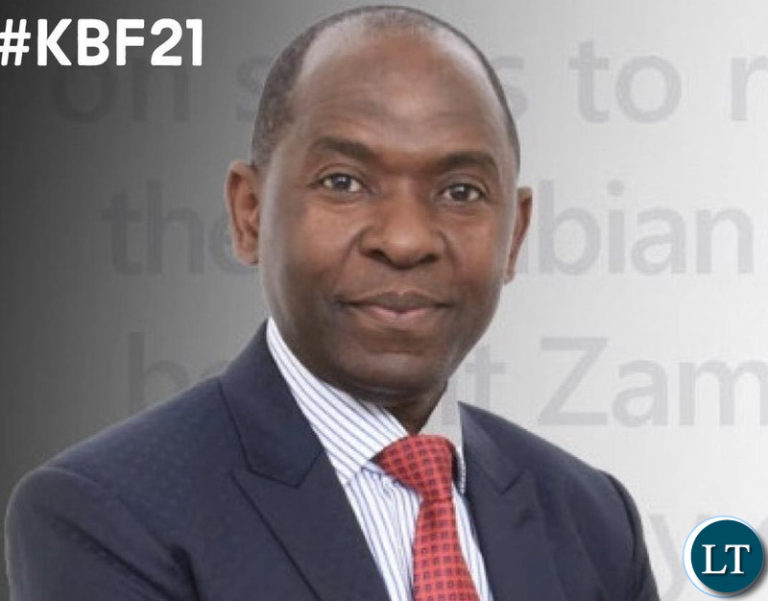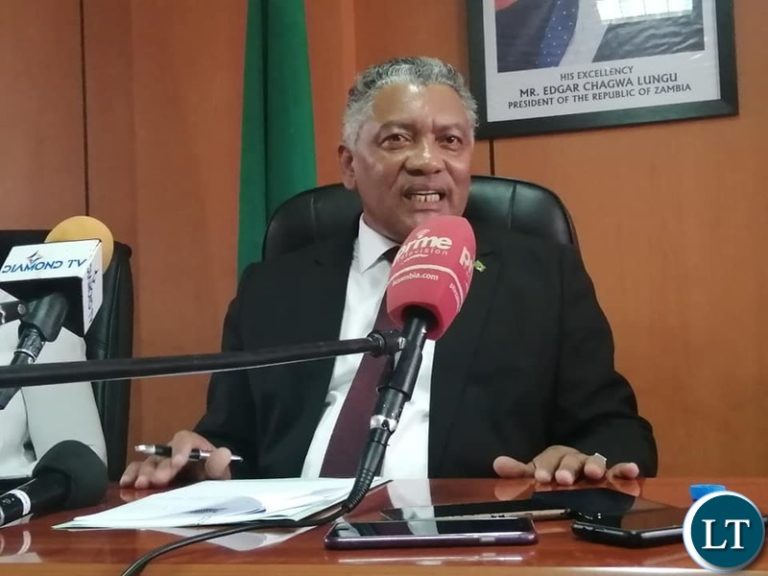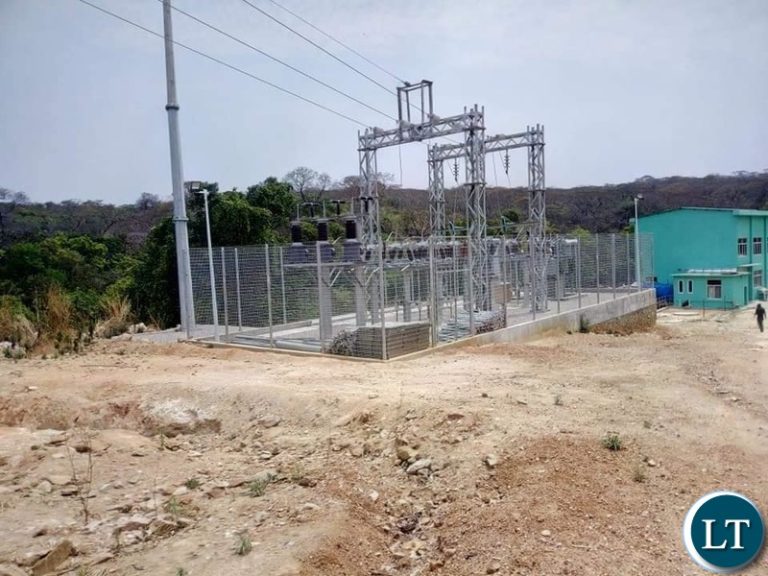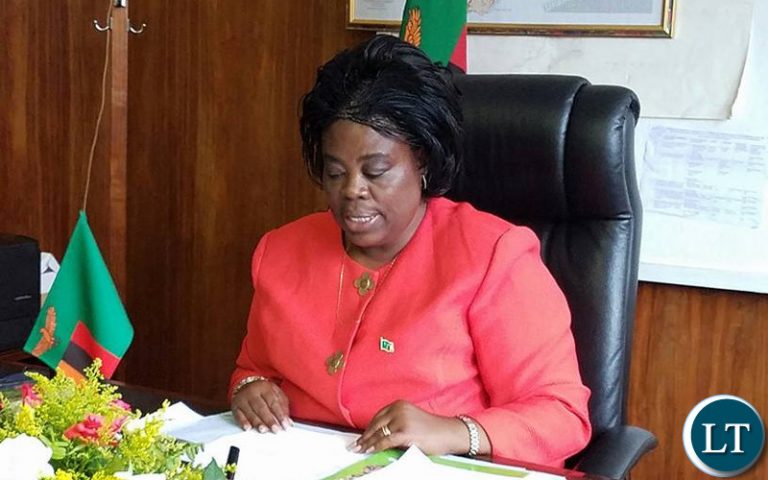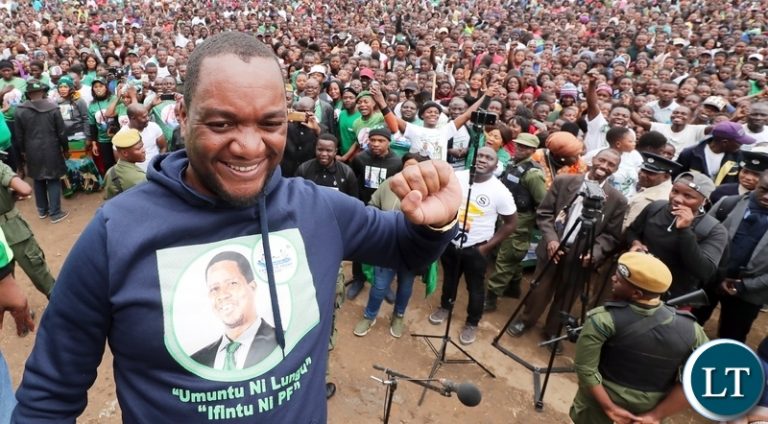The Zambia Chamber of Mines has appealed to the Government to diffuse tensions and expedite negotiated resolution of the ZESCO-Copperbelt Energy Corporation impasse
For some time now, the Zambia Chamber of Mines has bemoaned the worsening instability of the mining operating environment that has led to a spreading perception of increasing risk in the industry.
Chamber of Mines Chief Executive Officer, Sokwani Chilembo said says the recent passing of statutory instrument number 57 of 2020 has needlessly re-affirmed the perception presented by the country’s decline on the 2019 Fraser Institute Mining rankings and Oxford Economics-Control Risks Africa Risk Reward Index.
Mr Chilembo said the imposition of access and commercial terms on private infrastructure at levels that tip Copperbelt Energy Corporation into operational and financial distress have echoed around the mining world.
He said this is an unfortunate outcome for what should be a national champion given the home-grown CEC brand’s undeniable delivery of the highest standard of service and efficiency both locally to the Copperbelt Mines, and regionally as part of the SADC power pool for two decades.
“The stalled negotiations and escalating tensions arising from the ZESCO-CEC Bulk Supply Agreement (BSA) can still be resolved in an amicable manner that does not further deteriorate Zambia’s stature as an energy and mining investment destination, said Mr Chilembo.
He has noted that ZESCO being a fully state-owned enterprise, almost a quarter of CEC’s shares being ultimately held by the state, and a significant portion of its shares publicly traded on the Lusaka Stock Exchange, makes a homegrown mutually agreed outcome as essential to keeping industry going as it is to restoring diminished confidence and allaying widening fears of expropriation.
Mr Chilembo said, if Government can come in as the ultimate steward of value to facilitate frank and level negotiations between its two investee companies; a resolution can be found that keeps both businesses afloat while containing any damaging spill-over effect on their corporate and domestic client bases, not to mention potential disruption to the Copperbelt mining industry.
He noted that the alternative outcome will push the high cost of capital for cash-strapped mining operators, mining suppliers, mining contractors and also potential energy investors even further out of reach than it already is.
Mr Chilembo said this will delay and put at risk the crucial pivot from the current decline back to growth and a million tonnes per year of Copper output that the economy so badly needs.
Further Mr Chilembo said the delay reduces the fortunes of us all in the midst of the global COVID-19 pandemic’s accelerating recessionary effects.
He said the Industry earnestly petitions government to take the macroscopic and long-term view to steer the energy and mining sectors clear of this avoidable obstacle to recovery.
Mr Chilembo added that the COVID-19 pandemic has placed significant challenges on businesses – mines are no exception. The actions expected from Government are ones that assist business bounce back rather than compromise it.




